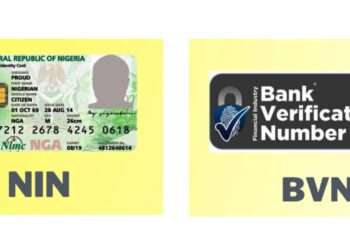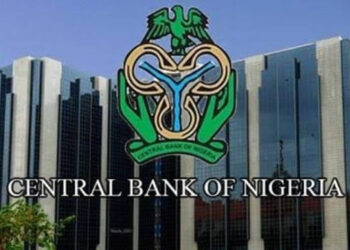The credit conditions survey report for households, small businesses, and corporate entities for Q3 2020 released by the Central Bank of Nigeria, showed that there was an increased availability of credits for both secured and corporate entities, while the unsecured credits to households witnessed a decline.
This was contained in the Q3 credit condition survey report, released by the Central Bank of Nigeria (CBN).
The major highlights of the survey report are as follows:
- There was an increase in the availability of secured credit to households in Q3 2020 compared to Q2 2020, as a result of improved liquidity conditions for most lenders, as well as their drive to increase their respective market shares and dominate in the market space.
- According to the survey report, such trajectory is expected to be replicated in Q4 2020 – considering that Q4 2020 marks the financial year-end for most lenders, as they strive to end the year with robust gross loan portfolio size.
- With the expected increase in the availability of loanable funds as well the improving economic outlook in Q4 2020, the availability of unsecured credits to households is expected to increase in Q4 2020, though it dipped in Q3 2020.
(READ MORE: CBN lists major constraints affecting businesses, as borrowing rates projected to rise)
- The proportion of approved total loan applications for households decreased as a result of the lenders tightening their credit scoring criterion for unsecured loan applications in Q3 2020. With poor quality assets already in the books of most of the lenders, the lenders may have no choice but to further tighten the existing credit scoring criteria in Q4 2020.
- It is expected that the overall availability of credits to the corporate sector would further increase in Q4 2020 as a result of changing sector-specific risks, changing economic conditions, changing appetite for risk, market share objectives, and changing liquidity conditions of the lenders.
- The lenders reported that while spreads on credit card lending and unsecured approved overdrafts/personal loans widened, the spread and overall unsecured lending narrowed in Q3 2020. This is quite understandable as the unsecured lending carries so much risk and as a result, the lenders could charge at a premium rate to make more spreads. It is, however, the expectations of the lenders that the spread of unsecured approved credit card lending and overall unsecured lending would further widen, while secured overdrafts/personal loans lending will narrow in Q4
- Adequate collateral requirements were demanded from all firm sizes on all approved new loan applications in Q3 2020 and there would not be any significant changes, as lenders would expect to demand even higher collateral requirements from all firm sizes in Q4 2020.
(READ MORE: CBN receives order to freeze bank accounts of 20 #EndSARS sponsors)
What you should know
The Central Bank of Nigeria, on a quarterly basis, conducts surveys across all the lenders to understand trends and developments in credit conditions.
The report presents the results of the Q3 2020 surveys conducted by the Statistics Department of the Central Bank of Nigeria and the trends and developments in credit conditions in the third quarter (Q3 2020) and the expectations in the fourth quarter of 2020 (Q4).
The survey covers secured and unsecured lending to households, lending to Public Non-Financial Corporations (PNFCs), small businesses, and Other Financial Corporations (OFCs).




















